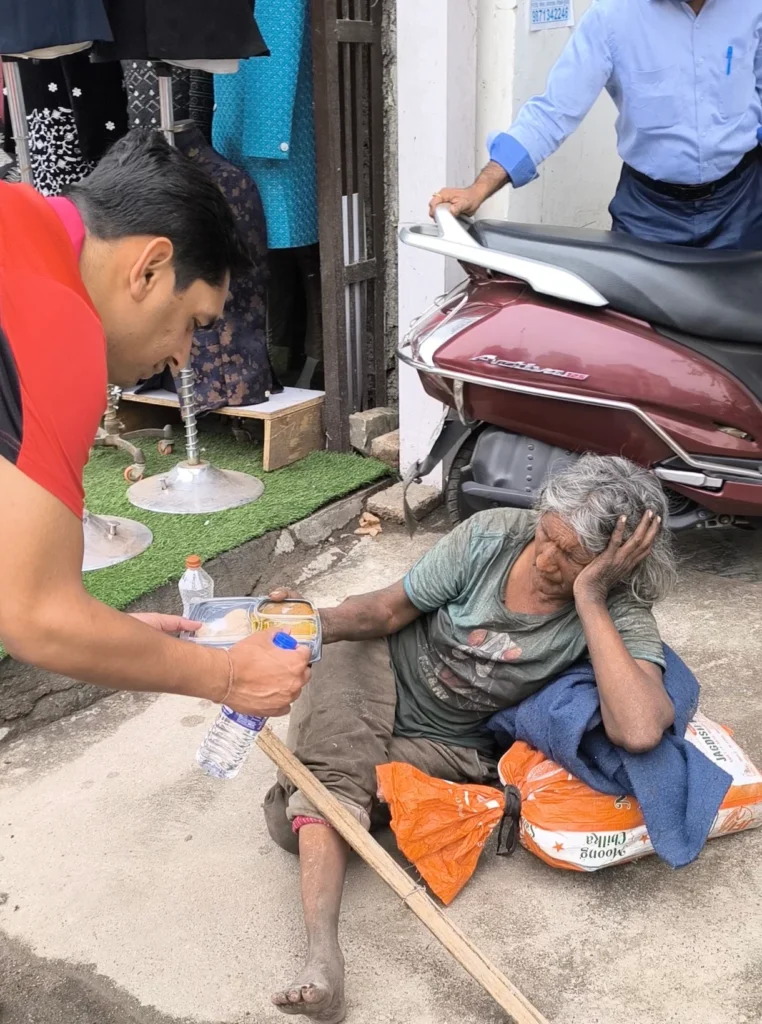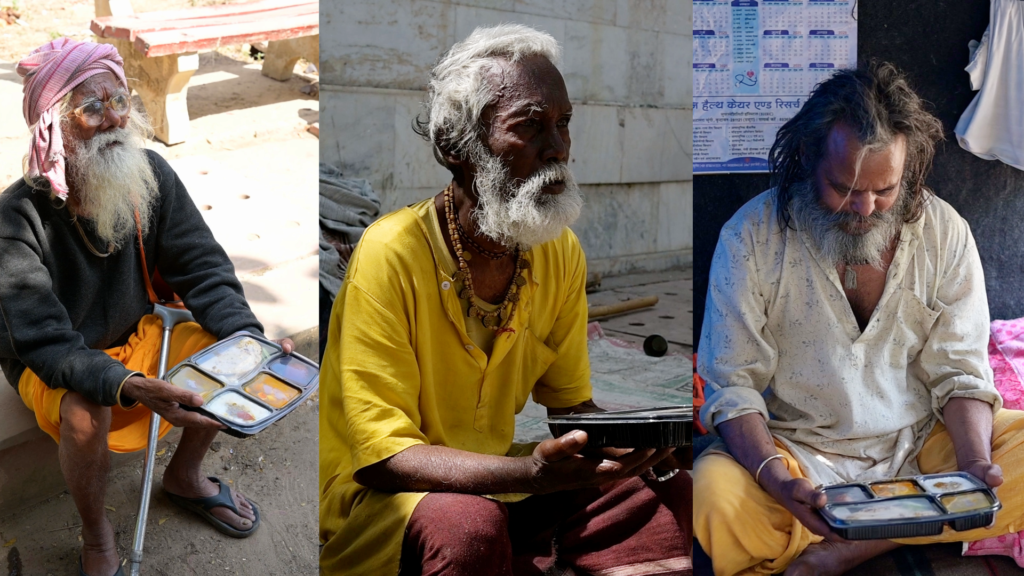
Support Homeless Elders : A Step Toward a Better Future
Homelessness is a growing crisis in many parts of the world. Every day, thousands of people struggle to find shelter, food, and safety. Homeless shelters provide these individuals with essential resources and a chance to rebuild their lives. We can contribute to a more compassionate and inclusive society by supporting homeless elders.
Homelessness is not just about lacking a roof over one’s head—it is a complex issue intertwined with poverty, mental health, unemployment, domestic violence, and systemic inequality. Many individuals experiencing homelessness face multiple barriers that make it difficult to regain stability. They may remain trapped in a cycle of hardship and despair without intervention and adequate support. We all Should Support Homeless Elders. Watch Video Now.

Homeless shelters play a critical role in breaking this cycle by providing a safe space, food, healthcare, and opportunities for a fresh start. These shelters do more than just house individuals; they connect them with resources that can help them regain independence. They offer job training, counseling, addiction recovery programs, and other services to foster self-sufficiency.
Beyond the direct impact on individuals, supporting homeless shelters benefits society. Cities and communities with effective shelter programs experience reduced crime rates, lower healthcare costs, and improved public health. Shelters provide an alternative to sleeping on the streets, reducing the strain on emergency services and hospitals. Additionally, they help create a sense of unity and shared responsibility within a community. When people come together to support a cause, it fosters empathy, awareness, and civic engagement.
The importance of homeless shelters is magnified during extreme weather conditions. Winter brings the risk of hypothermia, while summer can cause dehydration and heatstroke. Natural disasters and economic downturns further exacerbate the problem, pushing more people into homelessness. During these times, shelters become a literal lifeline, saving lives by offering emergency assistance and temporary housing.
Many people may want to help but feel unsure of how to do so. Supporting homeless shelters does not always require significant financial contributions; even small efforts can make a difference. Simple acts of kindness, such as donating gently used clothing, volunteering for a few hours a month, or advocating for better policies, can collectively create meaningful change. Businesses and organizations can also play a role by partnering with shelters to provide funding, resources, and employment opportunities.
It is also crucial to address and challenge common misconceptions about homelessness. Many assume that homelessness is a choice or that homeless individuals are unwilling to work. Many people experiencing homelessness are hardworking individuals who have fallen on hard times due to unforeseen circumstances, such as medical emergencies, job loss, or domestic violence. Recognizing this can help reduce stigma and encourage a more compassionate approach to tackling homelessness.
This comprehensive guide explores why and how you should support homeless shelters, the impact of your contributions, and the various ways you can help. Whether through donations, volunteering, or raising awareness, your support can create lasting change.
Why Support Homeless Elders?
1. Providing Basic Needs
Homeless shelters offer essentials like food, clothing, and a safe place to sleep. Without these shelters, many individuals would be left vulnerable on the streets.
2. Helping People Rebuild Their Lives
Many shelters provide job training, counseling, and rehabilitation programs to help homeless individuals transition into stable housing and employment.
3. Reducing Homelessness in Communities
Supporting shelters helps reduce the number of people living on the streets, improving public safety and overall community well-being.
4. Supporting Vulnerable Populations
Women, children, and the elderly are particularly vulnerable to homelessness. Shelters provide them with security, healthcare, and emotional support.
5. Encouraging Compassion and Social Responsibility
Helping those in need fosters a sense of community and shared responsibility, encouraging others to do the same.

How Can We Help Them?
Monetary Donations
- Donations help shelters provide food, clothing, and other essential services.
- Consider making a one-time or recurring donation to a local shelter.
Clothing and Essential Items
- Winter clothing, blankets, and hygiene products are always in high demand.
- Many shelters accept food donations, especially non-perishable items.
Corporate and Large-Scale Donations
- Businesses can donate funds, products, or services to shelters.
- Some companies match employee donations, doubling the impact.
2. Volunteer Your Time
Serving Meals
- Many shelters rely on volunteers to prepare and serve meals to residents.
Organizing Events
- Fundraising events, donation drives, and awareness campaigns help bring attention and resources to shelters.
Mentorship and Skill Training
- Volunteers can provide career counseling, resume building, or job training to help individuals regain stability.
3. Advocate for Homeless Shelters
Raise Awareness
- Use social media to spread information about homelessness and shelters.
- Share success stories and encourage others to contribute.
Lobby for Policy Changes
- Advocate for policies that support affordable housing and increased funding for shelters.
- Contact local representatives to push for legislative changes.



